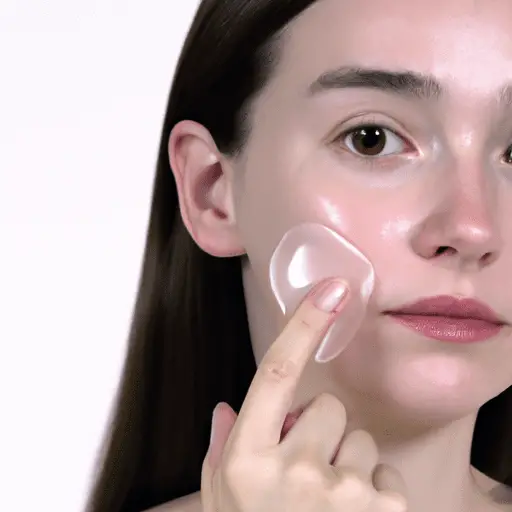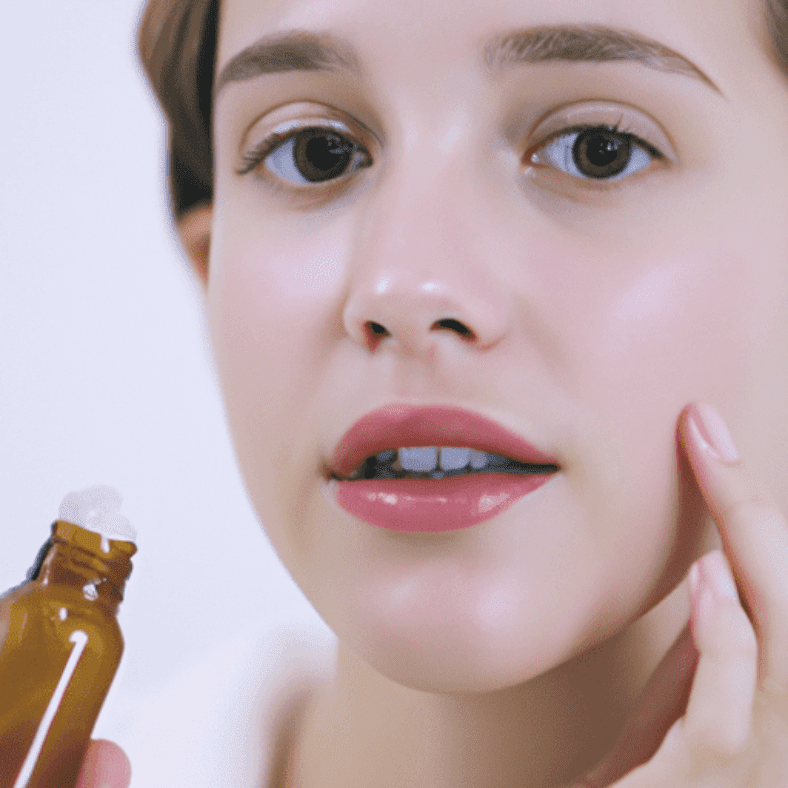-
Table of Contents
- Spot Treatment: Targeting and Healing Pesky Pimples
- Key Takeaways
- Introduction: The Battle Against Blemishes
- Understanding Acne: The Root of the Problem
- Spot Treatment Methods: Aiming for Clear Skin
- Integrating Spot Treatment into a Skincare Routine
- FAQ Section: Your Acne Questions Answered
- Conclusion: Winning the War on Acne
- Key Takeaways Revisited
Spot Treatment: Targeting and Healing Pesky Pimples

[youtubomatic_search]
Key Takeaways
- Spot treatment is an effective method for targeting and healing individual pimples.
- Understanding the causes of acne is crucial for effective spot treatment.
- Various spot treatment methods and products are available, each with their own benefits and drawbacks.
- Integrating spot treatment into a comprehensive skincare routine can enhance overall skin health.
- Consulting with a dermatologist can provide personalized advice for treating acne and maintaining healthy skin.
Introduction: The Battle Against Blemishes
Acne, a common skin condition characterized by the appearance of pimples, affects millions of people worldwide. While general skincare routines can help manage acne, spot treatment is a targeted approach that can effectively heal individual pimples. This article explores the science behind acne, the various methods of spot treatment, and how to integrate these treatments into a skincare routine.
Understanding Acne: The Root of the Problem
Acne occurs when the pores of the skin become clogged with oil and dead skin cells, leading to the formation of pimples. Hormonal changes, stress, and certain medications can exacerbate acne. Understanding these causes is crucial for effective spot treatment, as it allows for targeted interventions that address the root of the problem.
Spot Treatment Methods: Aiming for Clear Skin
There are various methods and products available for spot treatment. Over-the-counter products often contain salicylic acid or benzoyl peroxide, which work by reducing inflammation and killing acne-causing bacteria, respectively. Prescription treatments, such as topical retinoids, can also be effective, particularly for more severe acne. Natural remedies, such as tea tree oil, have also been shown to have anti-acne properties.
Integrating Spot Treatment into a Skincare Routine
For optimal results, spot treatment should be integrated into a comprehensive skincare routine. This includes regular cleansing, exfoliating, moisturizing, and applying sunscreen. Spot treatment products should be applied after cleansing but before moisturizing. It’s also important to note that overuse of spot treatments can lead to skin irritation, so they should be used sparingly and as directed.
FAQ Section: Your Acne Questions Answered
- What causes acne? Acne is caused by clogged pores, which can be due to excess oil production, dead skin cells, bacteria, or inflammation.
- How does spot treatment work? Spot treatment works by targeting individual pimples with active ingredients that reduce inflammation, kill bacteria, or speed up cell turnover.
- Can I use spot treatment every day? This depends on the product and your skin type. Some spot treatments can be used daily, while others should be used less frequently to avoid skin irritation.
- Should I pop my pimples? Dermatologists generally advise against popping pimples, as it can lead to scarring and infection. Spot treatments are a safer alternative.
- What should I do if spot treatment isn’t working? If over-the-counter spot treatments aren’t effective, it may be time to consult with a dermatologist. They can prescribe stronger treatments and provide personalized advice.
Conclusion: Winning the War on Acne
Spot treatment is a powerful tool in the fight against acne, allowing for targeted interventions that can effectively heal individual pimples. By understanding the causes of acne and the various spot treatment methods available, individuals can make informed decisions about their skincare routines. However, it’s important to remember that everyone’s skin is unique, and what works for one person may not work for another. Therefore, consulting with a dermatologist can provide valuable personalized advice. With the right knowledge and tools, clear skin is within reach.
Key Takeaways Revisited
- Spot treatment is an effective method for targeting and healing individual pimples.
- Understanding the causes of acne is crucial for effective spot treatment.
- Various spot treatment methods and products are available, each with their own benefits and drawbacks.
- Integrating spot treatment into a comprehensive skincare routine can enhance overall skin health.
- Consulting with a dermatologist can provide personalized advice for treating acne and maintaining healthy skin.
[youtubomatic_search]

Leave a Reply